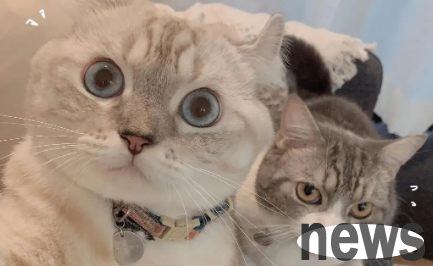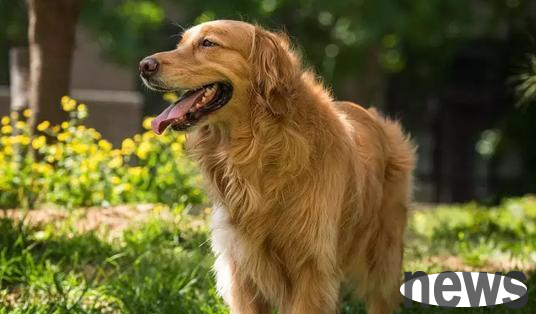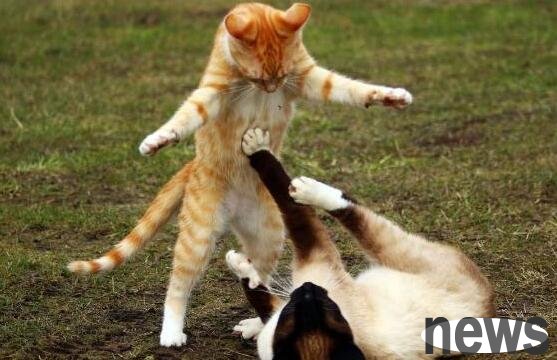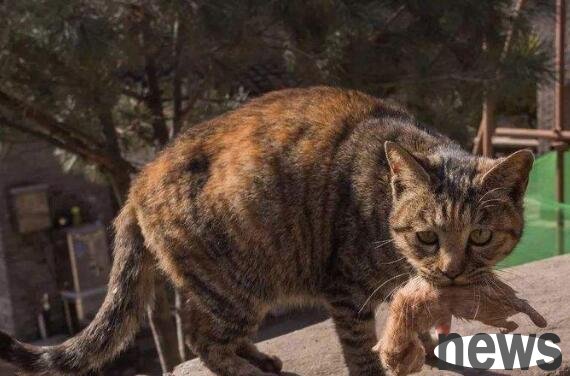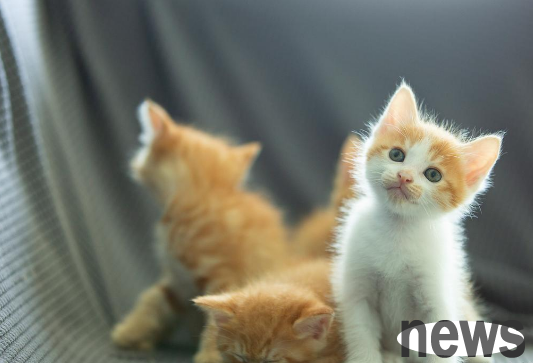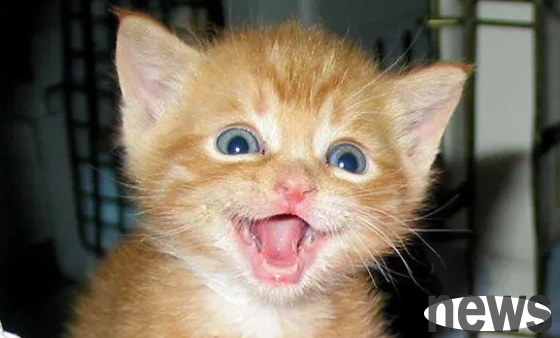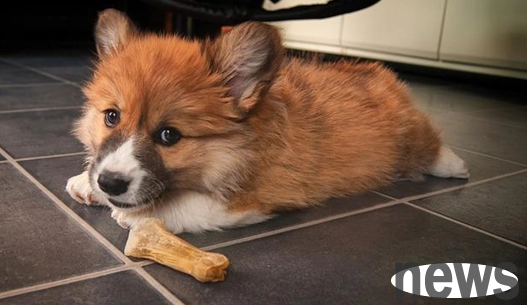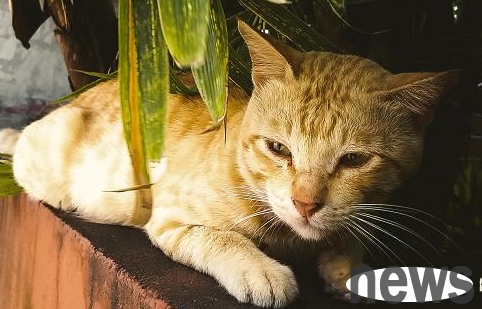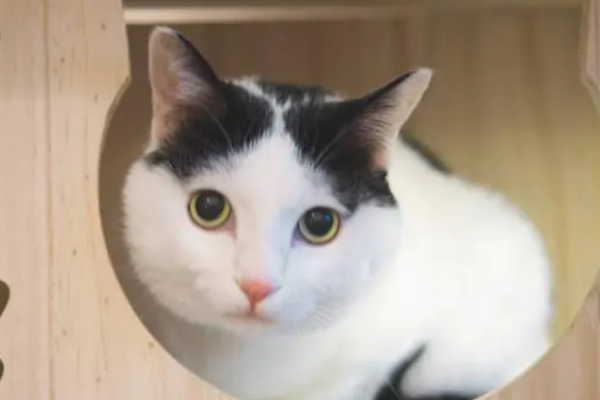Why do you use dogs to curse people and not other animals?
In the colorful language and culture of human beings, animal names are often used to express various emotions. Among them, "dog" seems to be more "favorite" than other animals, as a commonly used insulting word. Behind this is the clever combination of multiple cultures, psychology and life observation. Today, let us easily explore and start a language learning journey, and watch how these innocent animals get involved in human war of words.
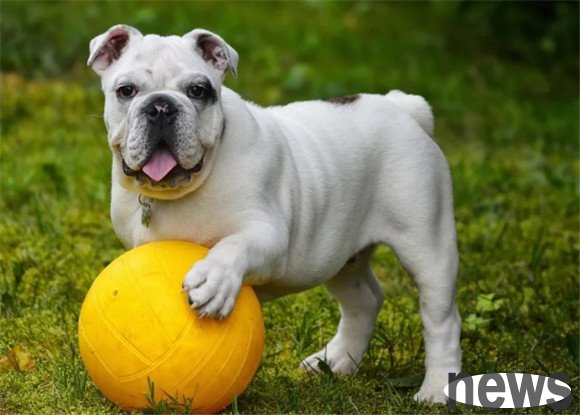
1. Cultural factors: The image of dogs in tradition
First from the perspective of cultural and historical perspective, why does "dogs" become frequent visitors to curse people? It is undeniable that in many cultures, dogs are sometimes associated with negative traits. For example, in ancient Chinese culture, "dogs" often represent loyalty, but on the other hand, refer to "lack dogs" who are loyal to unrighteous people. In addition to the ancient disgust of stray dogs, the word "dog" has a sense of contempt.
2. Psychological factors: A comparison between dog's loyalty and human weaknesses
Let's look at the perspective of psychology. Ironically, as human best friend, dogs' loyalty and obedience have been distorted into human weaknesses. When a person is called a "dog", it often means that he blindly follows others and lacks independent personality. In other words, human bad behavior when flattering or adhering is instead amplified and joking through the image of a kind animal.
3. Life Observation: The "performance" of dogs and their own characteristics
If we start from daily life, it is not difficult to find that as family pets, dogs appear frequently in life, making various behaviors of dogs a material for observation and comparison. For example, when a dog sees his owner's wagging mercy, it may be compared to flattering in interpersonal relationships; their voracious appetite for food may describe someone's greed or lack of grace; and even the dog's barking "woof" can become a funny foil for people to describe quarrels with each other.
4. Other animals also have "scenes"
, but don't forget that in addition to dogs, other animals actually have enough "scenes". Cows can represent stubbornness or stupidity, "stubborn cows are not convinced", sheep may represent docile or stupidity, "tasting as a sheep", and pigs usually represent laziness and dirty, "lazy as a pig or dog", and even noble dragons or phoenixes cannot escape being used as material for satirizing and conceited people - but it may be because they cannot show up and fight back!
5. Humorous interpretation: The legend of dogs and the "Baring Day"
Under the humorous description, dogs seem to have assumed this important task because of their role in the legend of "Baring Day". In ancient times, dogs bark at sunset and became heroes, saving the human world that was trapped in eternal night. Unfortunately, this heroic deed turned into an inexplicable noisy in the war of words. Therefore, whenever someone makes unreasonable trouble, people describe it as "a dog who uses rats to meddle in other people's business" to make fun of his "too hard work".

6. The dog's "counterattack"
Of course, the dog itself has no idea about this. If they know, they might join forces to hold a "dog rights" parade with the placard saying: "Wang! We must respect, don't scold!" Or, they will choose the most doggy way to fight back - look at the humans who use their names as vocabulary weapons with the purest eyes, and remind people with an innocent wagging tail: animals are just animals, they never abuse, and real quarrels and badness are human problems.
Through the above analysis, it is not difficult to find that although "dogs" are often used as endorsements for abuse, they are actually a reflection of human culture, psychology and lifestyle. Behind humor, we should perhaps look at the hats that are held on the head of animals and the human behavior they reflect. Next time I want to use "dog" to describe a person, maybe we can think a little more carefully and think about whether we can find a more vivid and accurate metaphor, which can not only reduce the smell of war of words, but also fully utilize our creativity and sense of humor as humans. After all, dogs just want to be a happy and good child with peace of mind without becoming a victim of words.


